Welcome
|
Dear readers,
We have reached the end of Topic 3 on the relationship with our mothers. So far, we have covered the responsibilities of the mother towards the children and vice versa. We also gave insight regarding the status and position of a mother in family and Islam. Today, we aim to discuss the role of the mother in society and community. So what is the difference between society and community? A community is related to a group of individuals living within the same geographical area; whereas society is a combination of various forms of relationships. The link that associates the mother with society can be described via a beautiful quote I have come across below: Women are one half of society which gives birth to the other half so it is as if they are the entire society.[Ibn Qayyim] Mothers are fundamental in providing a cohesive society that integrates positive virtues such as respect, care and manners. Children are the heart of the community that holds the society together and create a happy, safe and healthy environment preventing antisocial behaviour and crime. The role of the family is to provide support, stability and love. My husband covered the relationship with the father in Topic 2. Both Topics have highlighted the role of a mother and father, how they complement one another to build a society as mentioned in the following hadith: Prophet Muhammad (peace be upon him) said: “Surely! Every one of you is a guardian and is responsible for his charges; The Imam (ruler) of the people is the guardian and is responsible for his subjects; a man is the guardian of his family (household) and is responsible for his subjects; a woman is the guardian of her husband's home and his children and is responsible for them, and the slave of a man is a guardian of his master's property and is responsible for it. Surely, every one of you is a guardian and responsible for his charges." [Sahih Bukhari 9:89:252] The type of chemical bonding between a mother and father with the children is covalent bonding where the valence electrons in the orbitals bond with one another. A covalent bond consists of two non-metal atoms; so it has similar genetic traits from the mother and father. The relationship between the mother and children cannot be severed nor broken as covalent bonds are strong. Some relationships in society are not agreeable due to a difference in the polarity of the covalent bonding. Some covalent bondings are polar whereas; other forms of bonding are non-polar. However, regardless of the type of polarity, manners and respect is essential and comes before knowledge. Imam Malik ( May Allah have mercy upon him) said: “My mother would dress me up in the clothes of the scholars while I was still a young boy and she would tell me, ‘Go to the Masjid and seek knowledge from Imām ar-Rabiʿah; study his manners before you take from his knowledge.’” Therefore, our mothers are our first teachers and are full of wisdom. They have worked hard to bring us the best version who we are. Our experiences shape us and strengthen us when we interact with society and deal with all forms of human behaviour. Similarly, the support from communities to teach children is what also builds society and generations to come to be ambassadors of Islam. Our tongues are part of who we are; there are different taste buds. However, there is also a saying that says listen to words that are honest and direct, then words from one that flatters and laughs at you. Thus, After Allah, your parents are gems who love you and have your best interest at heart. If you see your mother and father every day, thank Allah for they are an indescribable blessing. The mother has Paradise under her feet and; the father is the middle door to Jannah. Next Topic 4, we will look at the relationship with spouses that also help us go to Jannah: Abdul Rahman ibn ‘Awf (may Allah have mercy upon him) said that Muhammad (peace be upon him) said: “If a woman does her five (daily prayers), fasts her month (Ramadan), guards her chastity and obeys her husband, it will be said to her: Enter whichever of the gates of Paradise you want.” [Ahmad, graded as Hasan by Albani in Sahih Al Targhib] In another narration, Anas (may Allah have mercy upon him) said that Prophet Muhammad (peace be upon him) said: “Shall I not tell you about your men in Paradise?” We said: Yes, O Messenger of Allah. He said: “The Prophet will be in Paradise, the Siddeeq will be in Paradise, the man who visits his brother who lives far away and visits him only for the sake of Allah will be in Paradise. Shall I not tell you about your women in Paradise?” We said: Yes, O Messenger of Allah. He said: “The loving and fertile one who, if she gets angry or is mistreated or her husband gets angry says, ‘Here is my hand in your hand, I shall not sleep until you are pleased.’” [Al Tabarani in his book Al Mujam Al Awsat, graded Hasan by Al Albani in Sahih Al Targhib] May Allah accept Ameen.
0 Comments
Last week, we discussed the role of children towards their mothers and today, we aim to provide a reminder of why children do what they do wholeheartedly. Women especially our mothers are placed at a high position in our beloved religion, Islam and particularly our lives that cannot be matched nor replaced.
A mother is a blessing and every child in a happy or sad moment in their life, after Allah, they will call out her name. Each mother loves her child unconditionally and the relationship between them is reciprocal where we are at the service, love, respect and obedient towards them. The honour and status of our mothers can be emphasised in the following verse: “And your Lord has decreed that you not worship except Him, and to parents, good treatment. Whether one or both of them reach old age [while] with you, say not to them [so much as], “uff,” and do not repel them but speak to them a noble word. And lower to them the wing of humility out of mercy and say, “My Lord, have mercy upon them as they brought me up [when I was] small.” [Quran, Surah Isra, 23-24] The phrase 'mercy' in Arabic is 'Rahma' and 'womb' is 'Rahm' and is one of the 99 attributes of Allah Al-Rahman which is `Most Merciful'. Mercy should be applied to every action. The Prophet (peace be upon him) said "The Most Merciful shows mercy to those who have mercy on others. Show mercy to those on earth, and the One above the heaven will show mercy to you." [Al-Tirmidhi 1924] As we grow older, the importance of our mothers in our lives is vital more and more and hold such value because Islam teaches us to not neglect the women in our lives whether she is a mother, daughter, sister or wife. I have never seen any Act nor policy that holds such emphasis on mothers nor women as much as Islam teaches about equality and love and respect towards them. Even when we have served our mothers throughout our life, we will be forever indebted even one contraction as mentioned in the following narration: Abdullah ibn Umar (may Allah have mercy upon him) saw a Yemeni man performing Tawaf and carrying his mother on his back. The man approached him and asked Abdullah, 'I am like a tame camel for her! I have carried her more than she carried me. Do you think I have paid her back, oh ibn Umar ?' Abdullah replied: 'No, not even one contraction' [AL-Adab Al-Mufrad Al-Bukhari, 1/62] Why is it compared to a contraction? Our mothers bore the pain and are described as menstrual cramps, back pain and broken bones according to a few anesthesiological studies. The status and position of the mother are so important that they are our first teachers who teach us right from wrong and develop us. Islam teaches us to have reverence for them as Paradise is under our mothers' feet encouraging us further to serve our parents. Mu’awiyah ibn Jahima (may Allah mercy upon them) reported: Jahima came to the Prophet (peace be upon him) and he said: “O Messenger of Allah, I intend to join the expedition and I seek your counsel.” The Prophet said, “Do you have a mother?” He said yes. The Prophet said, “Stay with her, for Paradise is beneath her feet.” [al-Nasai, 3104] Thus, our mothers are positioned in Islam at a high place, what is their role in the community and society? This will be discussed next week. Last week, we gave an insight into the role of the mother which is to nurture and structure the family and their virtues in Islam. We also briefly touched on our roles towards our mothers. Today, we aim to discuss the responsibilities and duties towards our beloved mothers in our weekly short article series ‘Chemical Bonding’ with a few examples of the sahabah.
A few things to ponder on… What comes to mind between when you come across the three words children and role and mother? How important is their contribution? Children are the next generation and the future. They are welcomed into the family when they are born and are raised by their mother and father. When people think of the role of children towards their mother, worldly matters come into minds such as running and cleaning the household, paying the bills, cooking, gardening, going on day trips and other tasks. The Prophet (peace be upon him) said: “Allah has forbidden for you to be undutiful to your mothers.” (Sahih Al-Bukhari) However, the role of the children is not only taking care of the HOUSE to lighten the shoulders of our dear mothers and taking personal responsibilities but also taking care of the HOME. There is a difference between HOUSE and HOME. A house has practical responsibilities that children hold whereas a home has ethical and moral responsibilities especially when our beloved mothers become older. It is an honour and there is an amazing feeling when performing each task towards our mothers who provided affection and love when we were young. When we treat them with respect and listen to them and make time for them – it is an honour. We do not need to wait for Mother’s Day to acknowledge and care for our mothers - it’s a daily matter. "And We have enjoined upon man [care] for his parents. His mother carried him, [increasing her] in weakness upon weakness, and his weaning is in two years. Be grateful to Me and to your parents; to Me is the [final] destination. " (Quran, Surah Luqman, 31:14) We are an advocate for our mothers where we need to provide care for them and protect them with love and care and even make them laugh and smile. Abdullah ibn Amr (may Allah have mercy upon them) narrates that a man came to Prophet (peace be upon him) to accept Islam and he had left his parents in a condition which they were crying because of him. So the Prophet (peace be upon him) told him, “Go back and make them laugh just as you have made them cry.” However, when it comes to Islam, we should not listen if they say we should not pray. "But if they endeavor to make you associate with Me that of which you have no knowledge, do not obey them but accompany them in [this] world with appropriate kindness and follow the way of those who turn back to Me [in repentance]. Then to Me will be your return, and I will inform you about what you used to do.” (Quran, Surah Luqman, 31:15). We have examples of Sahabah such as Saad bin Abi Waqaas and Abu Hurayrah (may Allah have mercy upon them) had similar conditions and still treated their mother respectfully and remained fulfilling their commandments to Allah (The Most High). Thus, our responsibilities towards our mothers come naturally and have reasoning. Next week, we will highlight the status and position of our mothers in Islam. Salam Alaykum everyone, Following on the discussion from Topic 2 by my husband on the relationship with the father, my objective for the next four weeks in sha Allah (God willing) is to enlighten on the relationship with the mother. Why? The most vital concept of family is Silatul Rahim (upholding ties) where regardless of their faith, all must be respected. The most invaluable possession that has been given to me by Allah after Islam is my parents; especially my mother, may Allah protect and have mercy on them. Our mothers are our pillar of kindness, love, care, patience, wisdom and who are the essence of our tarbiyah (upbringing) and comes naturally due to our fitrah (natural inclination). To understand our role towards our mothers, we need to reflect. Our mothers have undergone the painful route of pregnancy, labour and breastfeeding to bring us into this world. Her womb was a form of a vessel and provided us with nourishments from her breasts. The uterine muscle contractions and the pressure of the cervix could be felt in the bladder, abdomen and back even the thighs. During the labour progression, the time to relax between the contractions is less each time which increases the severity of the pain experienced. Our mothers stay up with us at night as they hear our tears and bear it patiently. Even when we become older, her concerns for our health, well-being, education, happiness and the children of our own is a worry and supports us endlessly. We should not utter a word that should upset her and speak appropriately. "And your Lord has decreed that you not worship except Him, and to parents, good treatment. Whether one or both of them reach old age [while] with you, say not to them [so much as], "uff," and do not repel them but speak to them a noble word." [Quran, Surah al-Israa, 17:23] "We have enjoined on man kindness to his parents; in pain did his mother bear him, and in pain did she give him birth" [Quran, Surah Al-Ahkaf, 46:15] “The mothers shall give suck to their children for two whole years, (that is) for those (parents) who desire to complete the term of suckling” [Quran, Surah al-Baqarah, 2:233] So our role towards our mothers is not to pay them back for what they have done when we were young to date because we will be forever indebted. Our mothers are a diamond that cannot be brought nor sold. She is our oxygen in which we breathe. There is numerous evidence that highlights the status of our mothers in Islam where they are treated with respect, kindness, love, companionship and obedience and hold a higher importance than our fathers. A man came to the Prophet (peace be upon them) and said: O Messenger of God! Who among the people is the most worthy of my good companionship? The Prophet said: Your mother. The man said, ‘Then who?' The Prophet said: Then your mother. The man further asked, ‘Then who?' The Prophet said: Then your mother. The man asked again, ‘Then who?' The Prophet said: Then your father. [Al-Bukhari 5626, Muslim 2548] Al Nawawi (may Allah have mercy upon him) said “We should honour relatives, the mother most deserving followed by the father, followed by the next closest then the next closest. The scholars stated that the reason why our mothers have this precedence is because of the effort she puts into raising her child, her compassion and her service, and the hardships that she suffered in carrying him then giving birth to him, then breastfeeding him, then bringing him up, serving him, caring for him when he was sick, and so on.” [Sharh Muslim (16/102)] Whatever we do will aid us into our ultimate goal to Jannah just like how a seed germinates through the earth and grows into a tree or a flower. The Prophet Muhammad (peace be upon him) said "Your Heaven lies under the feet of your mother." [Ahmad, Nasai] If your mother is alive, value and care for them. If she has returned to Our creator, pray for her and have mercy upon her and grant her Jannah. S May Allah grant my mother and yours, long life of continuous happiness, peace, good health, smiles and mercy. Ameen. |
AuthorWrite something about yourself. No need to be fancy, just an overview. ArchivesCategories
All
|
© COPYRIGHT 2024. ALL RIGHTS RESERVED.
Proudly powered by Weebly
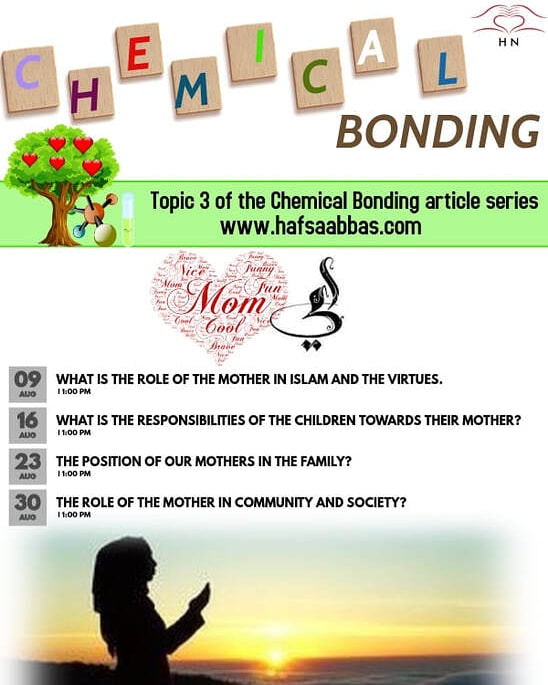
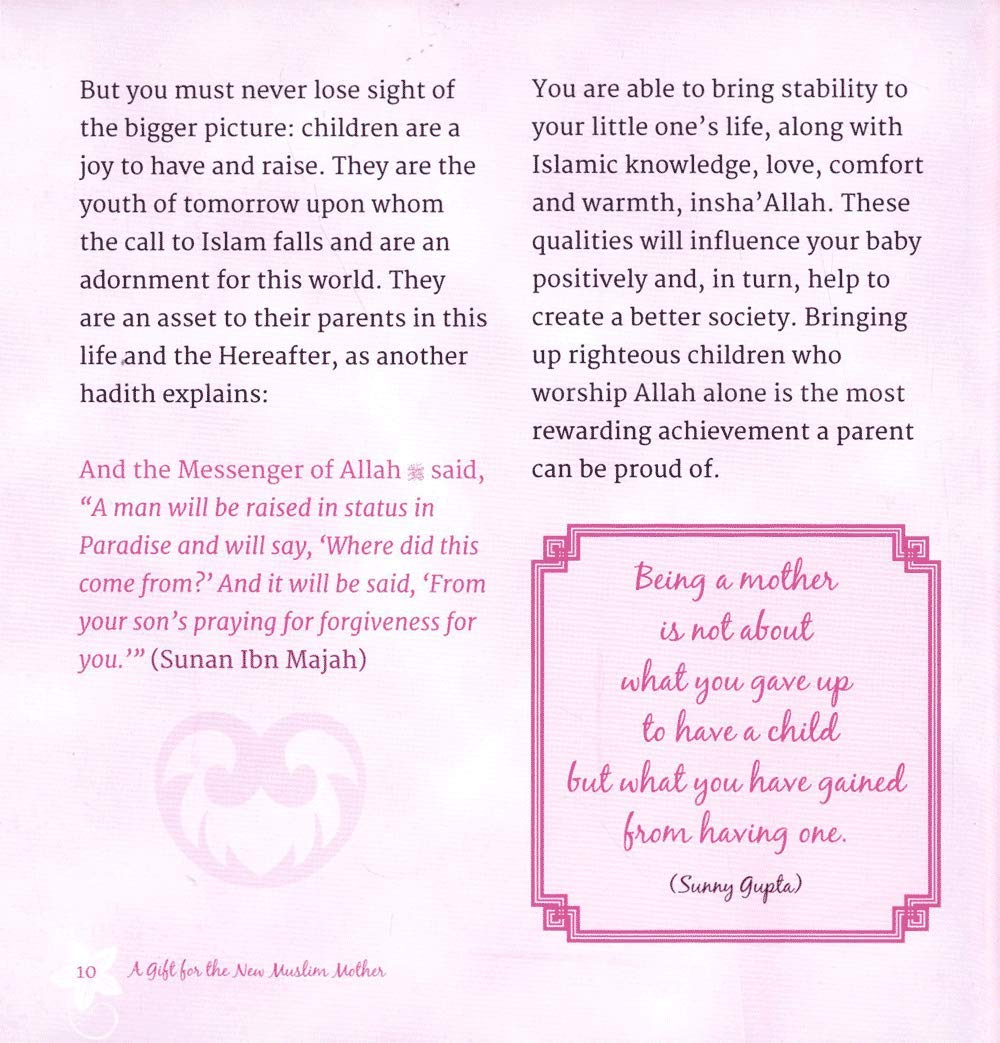
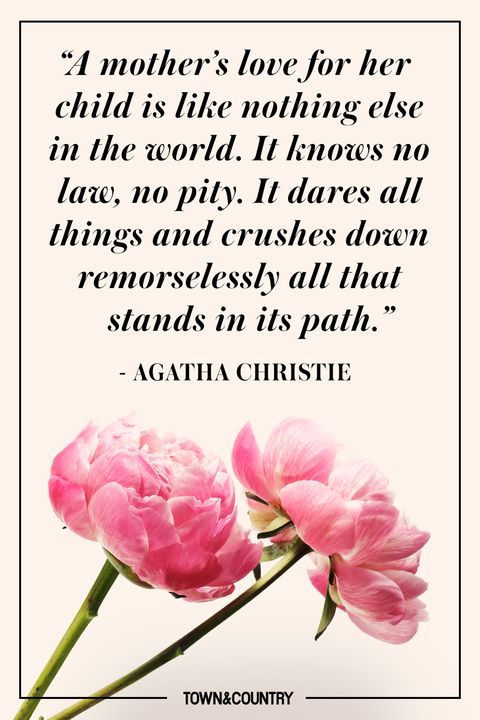
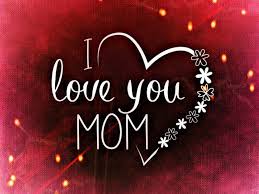
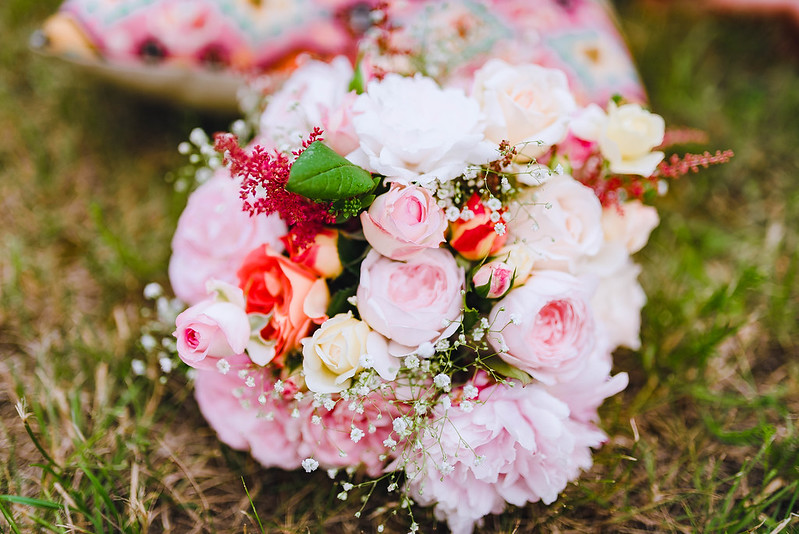
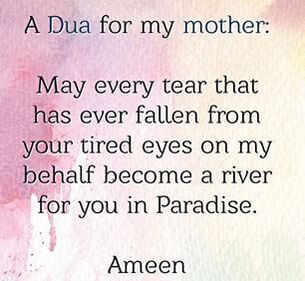
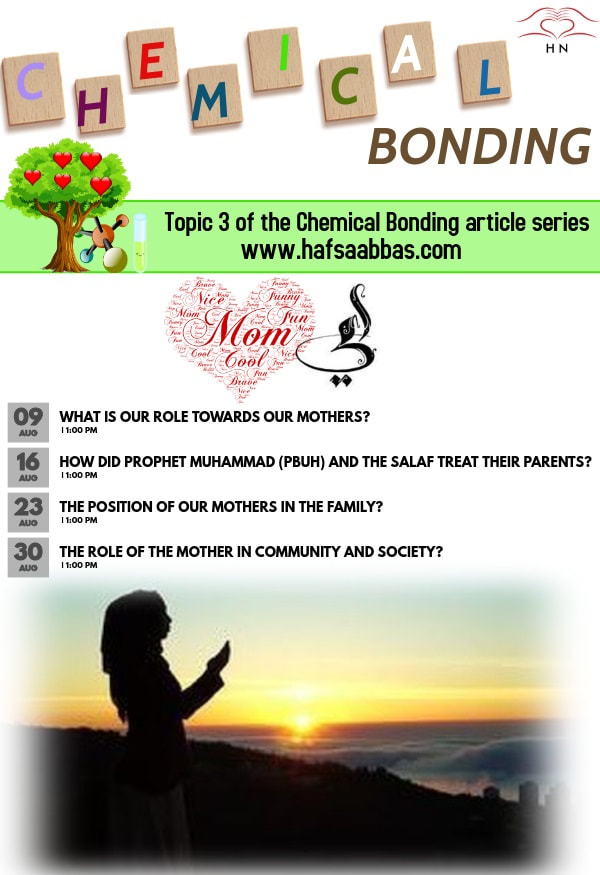
 RSS Feed
RSS Feed